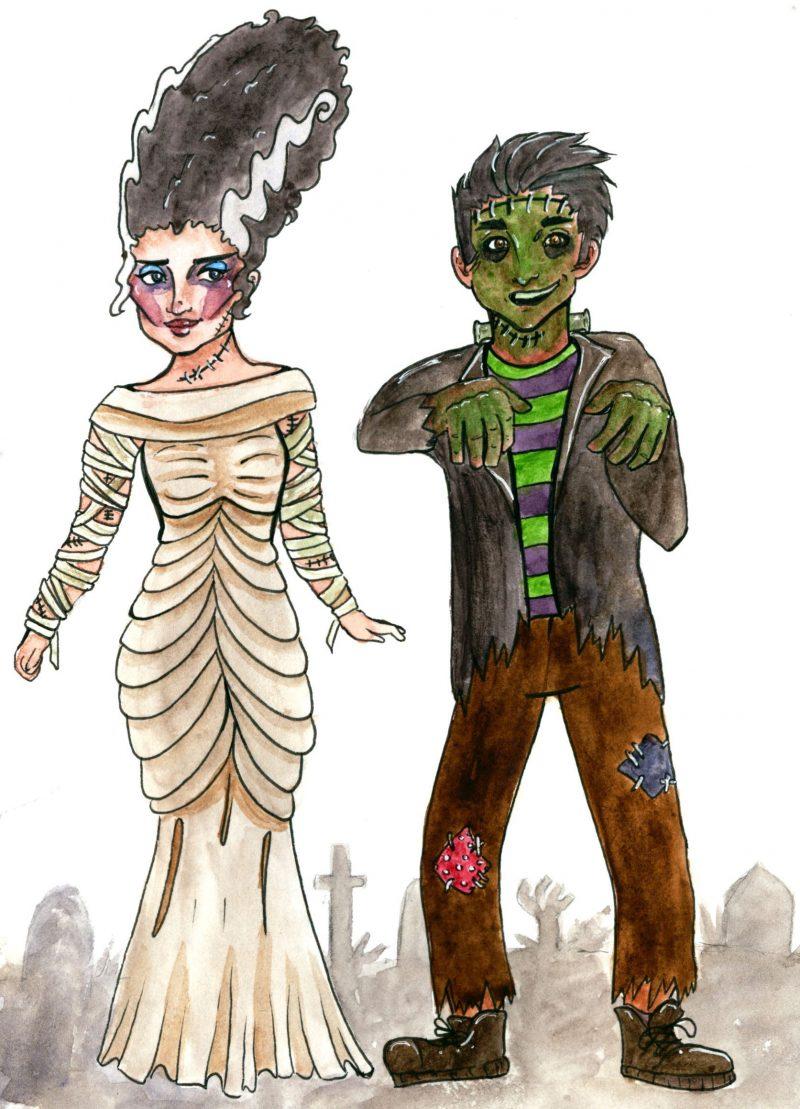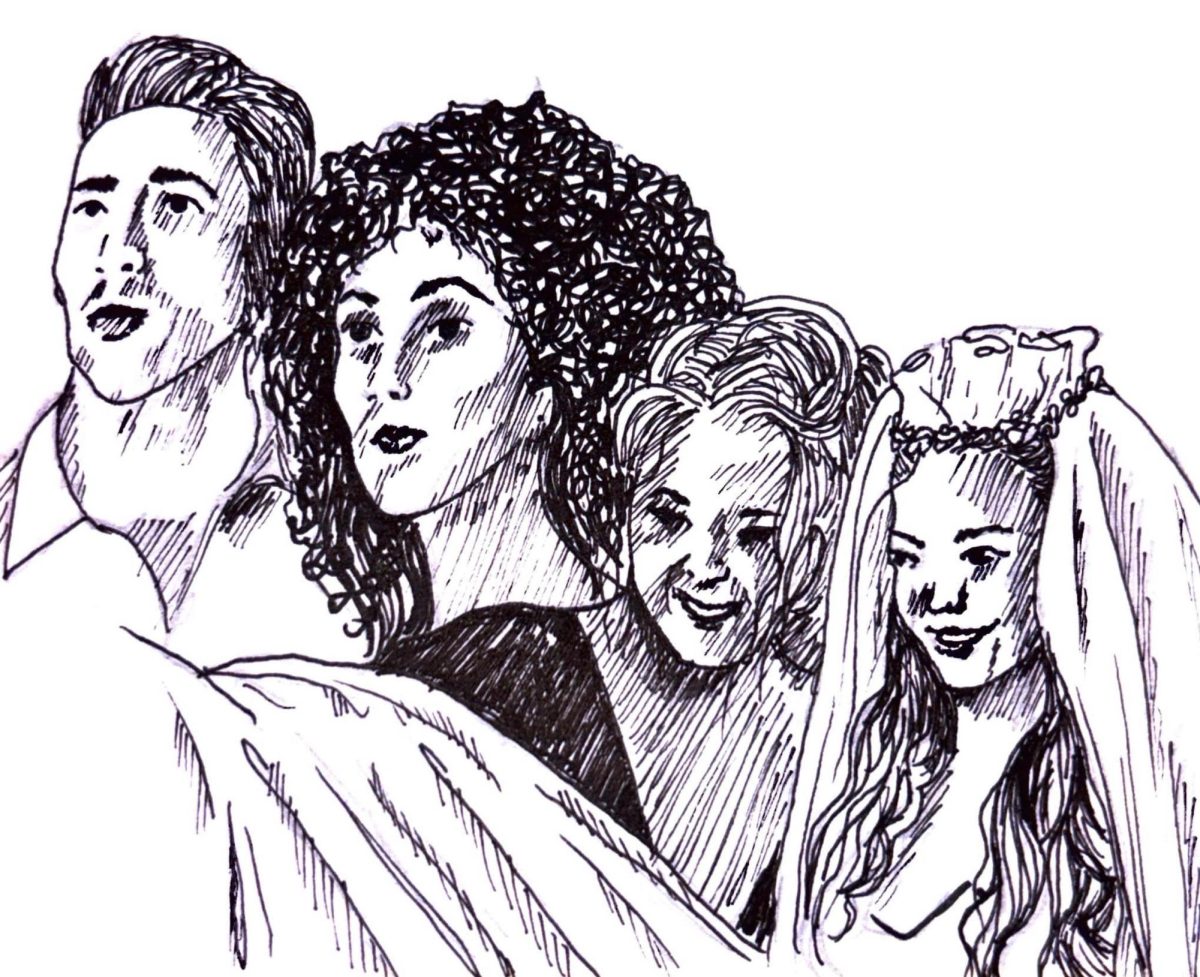With Halloween coming around in just a week, many students will be scrambling to pull their costumes together at the last minute. Even if it’s just a quick trip to the store to grab some cat ears or a scary mask to call it a day, last-minute doesn’t have to mean offensive or distasteful — so be aware, be sensitive and be kind.
While no one can dictate what you wear on Hall-o-weekend, there are a couple things to keep in mind when choosing a costume and two sides to every coin when it comes to deciding what’s appropriate and what isn’t.
Can you wear a costume linked to a culture that isn’t your own?
With talk of cultural appropriation in the past few years, is it time to hang up the ‘Indian princess’ costumes and geisha wear? The general rule of thumb has shifted toward steering clear of costumes that fetishize a culture, that ignore the sanctity and sacredness of a cultural element (for example, Native American headdresses), that emphasize harmful racial stereotypes or that involve coloring your skin to pass for somebody else. So while it’s still widely accepted that a little girl who is starry-eyed over Moana could well dress like her for Halloween without having to be of Polynesian descent or identify with the culture, you may want to pass on “g*psy” costumes associated with racial persecution and Hindu gods or goddesses. These costumes represent cultural and religious elements that you may not identify with or understand that could mean something sacred to somebody else.
Don’t do blackface.
This may be one of the most integral rules of sensitivity when it comes to Halloween costumes. No costume should ever require you darkening your skin to match another race. While arguments go back and forth on whether representing another culture on Halloween is appropriate, it’s widely accepted that painting on another skin color is never okay and completely unnecessary. There are plenty of costume ideas that don’t require you to alter your skin color for the night, and those are likely the better way to go.
Shock factor isn’t everything.
An inkling of common sense does some good here. There are a number of costumes out there created solely for the shock factor, ranging from costumes that glorify domestic abuse to members of hate crime groups to tragedy victims. There are also costumes that are blatantly racist or discriminatory. No amount of attention or attempt to stir up controversy is worth completely demeaning a religion, culture, person or struggle. If it’s offensive just for the sake of being offensive, think about what your actions mean — it’s not just one night that you can make an intentionally harmful decision and then revert to normalcy the next day: hate continues to affect people long after it’s been spewed.
Use common sense — if it feels wrong, don’t wear it.
When in doubt, why take the chance? If you’re unsure if a costume is going to cause trouble, you probably won’t feel comfortable during the night anyways. Halloween is meant to be fun, so wear something that you know represents you, makes you feel happy and will make others happy to celebrate the holiday with you! No one is here to tell you what to wear or what not to wear, but use your instinct, your gut and put yourself in other peoples’ shoes to know how you’d feel.












Kylis Coe • Oct 21, 2019 at 1:56 pm
Could you add more I have an assignment and I need help and the assignment is what not to wear on Halloween